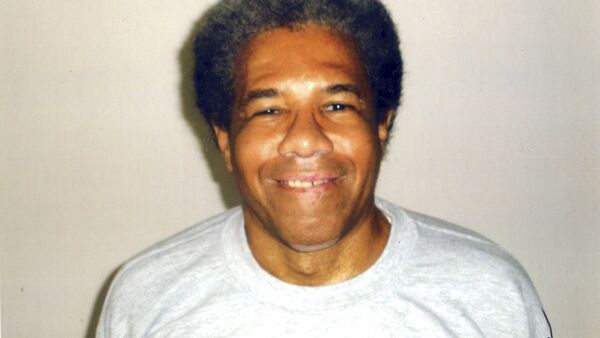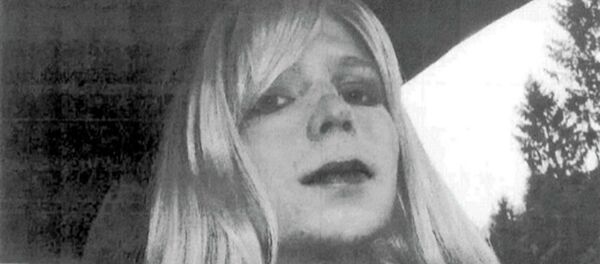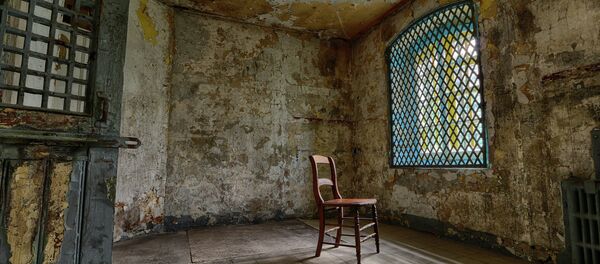In June, District Court Judge James J. Brady ruled that Albert Woodfox must be released and prohibited the court from retrying him. The US Court of Appeals for the Fifth Circuit, however, decided that Brady overstepped his bounds and “abused his discretion” in making that ruling.
“If ever a case justifiably could be considered to present ‘exceptional circumstances’ barring reprosecution, this is that case,” Judge James L. Dennis, the only judge to dissent against the 2-1 decision, wrote of the ruling. He went on to cite Woodfox’s failing health, four decades in solitary, and the unconstitutional convictions that landed him there.
Woodfox is imprisoned for an incident in 1972, when he was imprisoned at the Louisiana State Penitentiary, known as Angola, for an armed robbery. During his time there, a prison guard was stabbed to death.
Woodfox and another prisoner, Herman Wallace, were accused of the murder, despite no evidence linking them to the crime. They have maintained that they were accused due to their criticism of the prison and their affiliation with the Black Panther Party.
The third member of the “Angola 3,” Robert Hillary King, was convicted for another, separate crime. He spent 29 years alone in solitary before being released in 2001.
In 2013, Wallace died only a few days after his conviction was overturned on grand-jury-discrimination grounds.
Due to the fact that all the key witnesses are dead and thus will not be able to offer testimony at a new trial, the prosecution has proposed that stand-ins read the deceased witnesses’ prior testimony from transcripts, the New Yorker reported.
Supporters have asserted that, given the circumstances, there is no way that Woodfox will receive a fair trial.





